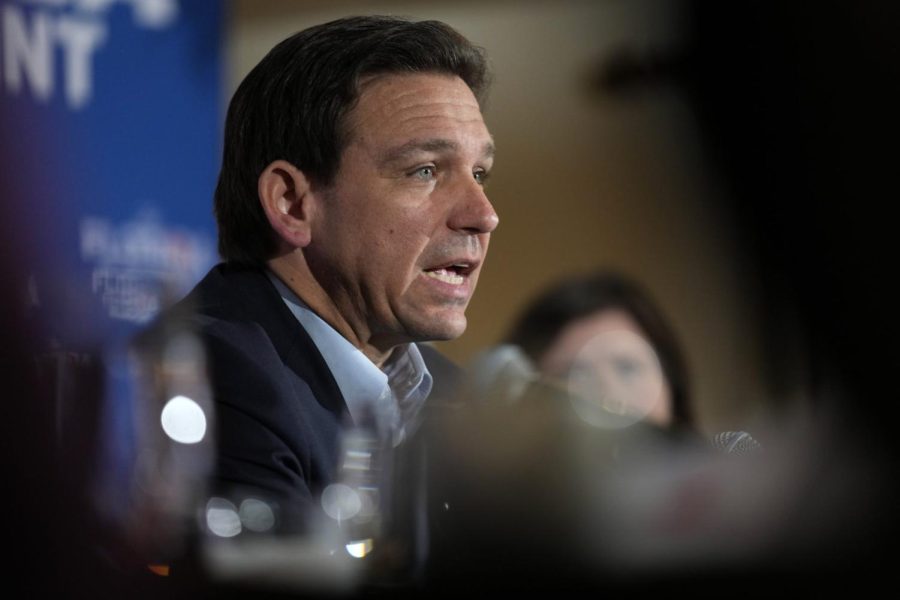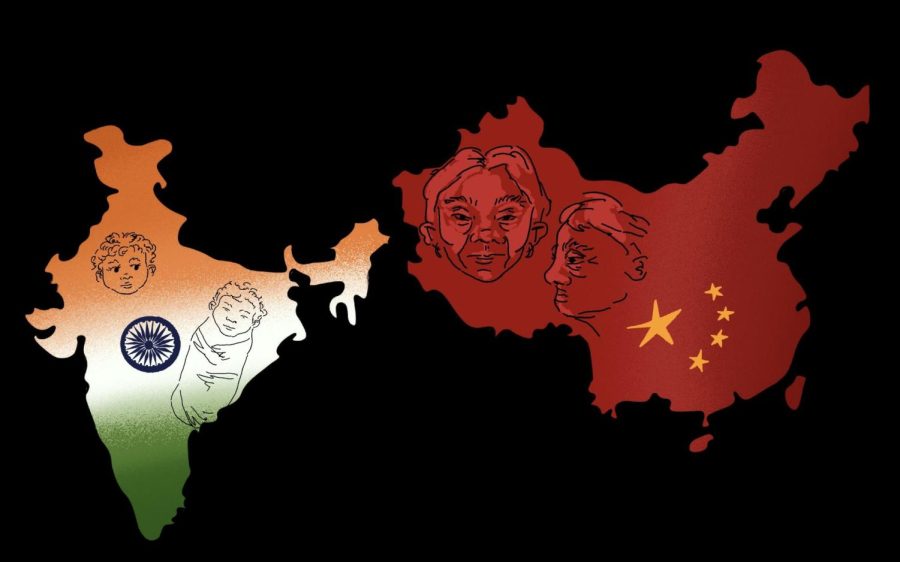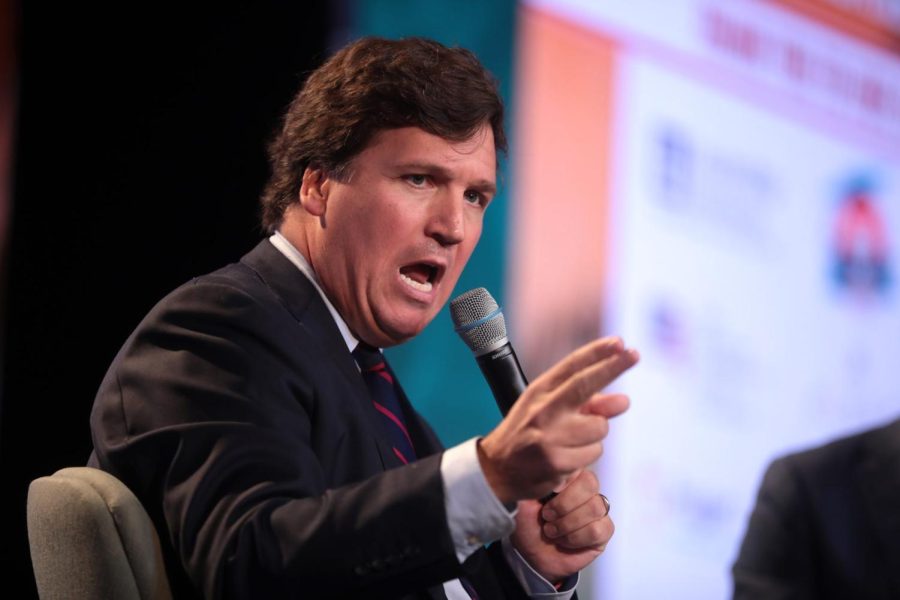
On April 16, the Senate Finance Committee struck a deal that would delegate Trade Promotion Authority to President Obama. Trade Promotion Authority, otherwise known as Fast Track, is a political instrument that grants the president the ability to negotiate trade agreements without congressional intervention during the negotiations. The purpose of Fast Track is to promote effective and timely free trade outcomes in the international arena.
The last time Fast Track was in the hands of the Executive Branch was in 2007, during the Bush administration. The deal, introduced into Congress on Thursday, would delegate that power to the Obama administration for the first time since he took office. This deal is the exception to the otherwise rigid stalemate between the Obama administration and the Republican controlled congress.
This incarnate of Fast Track has unprecedented requirements, including environmental, labor and human rights standards that mandate that the president negotiate within specific parameters. If it is found that the president is not abiding by the requirements set forth, a 60-vote majority in the Senate could revoke the authority granted.
The timing of this decision comes at an important time for the Obama administration whose main international trade initiative was to make an agreement on the Trans-Pacific Partnership Agreement (TPPA). With just over a year and a half left in office, Obama has a lot of ground to cover in order to achieve that goal before he is ousted in early 2017.
Fast Track could allow great strides to be made in the realm of international trade with countries that are large allies for the United States, including Canada, Australia, Japan and Mexico. It is expected that upon successful passage of the TPPA, other world powers would sign on to create the largest trade agreement in history.
The domestic political ramifications may be just as significant as the international trade outcomes. This deal comes on the heels of Hillary Clinton’s presidential candidacy announcement, which places her in a predicament.
Many Democrats have spoken up about their discontent with free trade policies that would likely be enacted in an agreement of this nature. Such division in the Democratic Party has not been commonplace with Democratic leadership since 2009. This could cause problems for Clinton, whose opinion could polarize Democratic politicians and voters in the presidential election.
Representative Sander Levin (D-Mich.) is one of the Democrats against the legislation. “We can’t just give a free hand, essentially, to our negotiators and essentially say all we have, the only power, is yes or no at the end,” Levin said.
Many sets of eyes will be set on Congress in the coming weeks as the bill is introduced to a mostly favoring floor of politicians. With the exception of a few politicians who favor protectionism for their constituencies, free trade agreements may be one of the few bipartisan topics floating around Congress.
Despite some pushback from Democrats, Obama pleads that Fast Track is necessary for the executive branch at this time. “Being opposed to this new trade agreement is essentially a ratification of the status quo,” Obama said.







